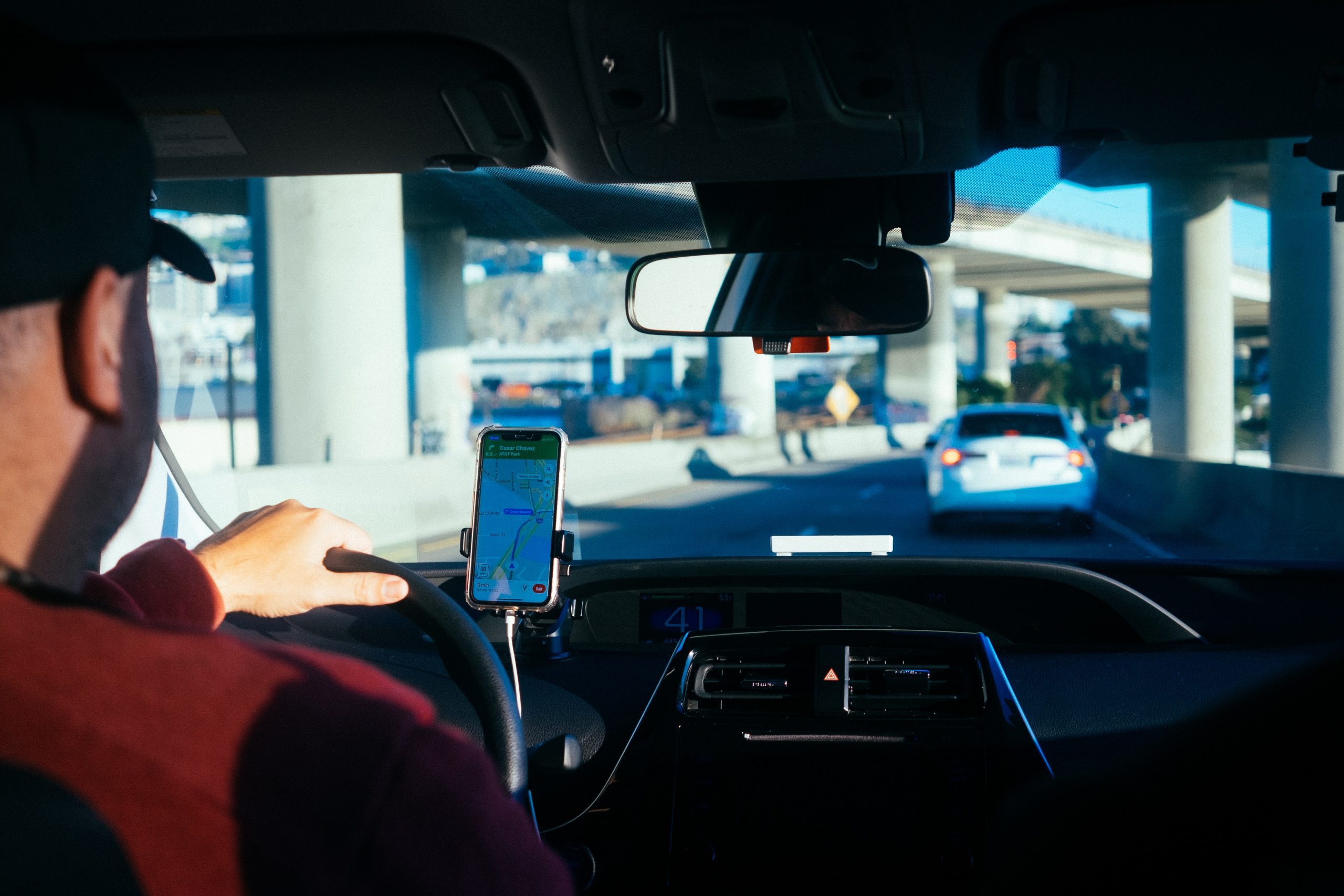
According to global strategic consulting firm McKinsey and Company, “even conservative estimates project that cross-border e-commerce in goods—the fulfillment and parcel dispatch of an order taking place in a country different from the customer’s final delivery destination—will expand to around $1 trillion in merchandise value by 2030, from its current value of approximately $300 billion”
Carriers of all sizes have identified last mile logistics as the cornerstone to driving growth and profitability for any business with logistics needs.
Importance of Last Mile Logistics
The importance of lLast mile logistics is that it allows shippers to get more products to consumers faster and more cost-effectively, which is key in both e-commerce and omnichannel supply chains. In fact, consumers are willing to pay extra for better last mile delivery services, such as same-day delivery or instant delivery.
Challenges of the Last Mile
Among the most common challenges in last mile logistics are urban deliveries, which can be complex due to traffic regulations, parking availability, and increased traffic flow during periods of higher demand.
These challenges often come with an increase in last mile logistics costs, with controlling the price charged to customers for delivery being a headache for many companies.
Another challenge in last mile delivery is complexity. Large products may require skilled assembly and unpacking at the time of delivery, so shippers must reconsider how they can ensure the final product is an exact reflection of what was sold.
Although there are hundreds of last-mile carriers, not all of them offer assembly options, which could be classified as an additional service, also known as White Glove Service. Other products may require specialized installation by trained technicians.
Shippers must find ways to overcome these challenges and face new challenges in last-mile delivery to remain competitive. Some possible ways to overcome these challenges include:
- Delivery lockers could contain products for customers looking to pick up orders at established locations, such as pickup locations at Amazon stores.
- Having technology in the company's logistics processes is a benefit that many companies are incorporating. Planning and route optimization tools, real-time fleet monitoring, and generating proof of delivery are just some of the benefits that a TMS can provide.
- Offering incentive programs to drivers and couriers can be a way to retain delivery personnel and improve their work experience, reflecting in the quality of their work.
Benefits of Last Mile Logistics
The last mile delivery is the most important step in a product's lifecycle, as it is when it is received by the end customer; having clear and well-established logistics, supported by robust technology, brings multiple benefits, among which stand out:
Greater customer satisfaction: By delivering products quickly and efficiently, companies can improve their customers' experience and build brand loyalty.
Greater efficiency: By optimizing their last mile delivery operations, companies can reduce delivery times, improve accuracy, and reduce costs associated with failed deliveries or returns.
Greater visibility: With real-time tracking and monitoring, companies can gain better visibility into their delivery operations and make data-driven decisions to improve performance.
Last Mile Trends
One of the key trends within last-mile delivery is the significant increase in e-commerce consumption in the post-pandemic era. Alongside this, new expectations and demands from customers have arisen, making it crucial for companies to remain at the forefront in order to stay relevant in an increasingly competitive world.
Greater use of technology: Companies will continue to invest in technology to optimize their last-mile delivery operations, such as automated delivery vehicles, drones, and AI-driven routing algorithms.
Expansion of same-day and on-demand delivery: With the rise of e-commerce, consumers are increasingly expecting faster delivery times. Companies will have to adapt to this demand by expanding their same-day and on-demand delivery services.
Focus on sustainability: With growing concerns about environmental issues, companies will have to find ways to reduce the carbon footprint of their last-mile delivery operations, such as using electric vehicles or incorporating more sustainable packaging materials.
Drivin is a company that offers technology for last-mile logistics processes. We optimize deliveries intelligently, plan routes considering all relevant restrictions, and provide visibility to the company, drivers, and customers throughout the delivery process, including complete digital and online proof of delivery.
All of this is done with robust software and our own R&D team, which allows us to be flexible in adapting our software to the needs and challenges of our clients and constantly proposing new functionalities considering the business and best practices.
Drivin solves several relevant issues, including visibility and control, transportation costs, driver management, and customer delivery service.
We invite you to leave your contact information in the form below, and an executive will contact you.
|
|

.jpg)
.jpg)
